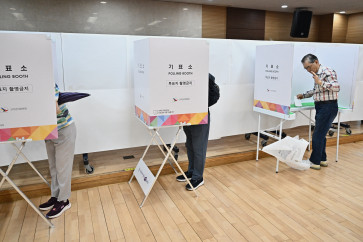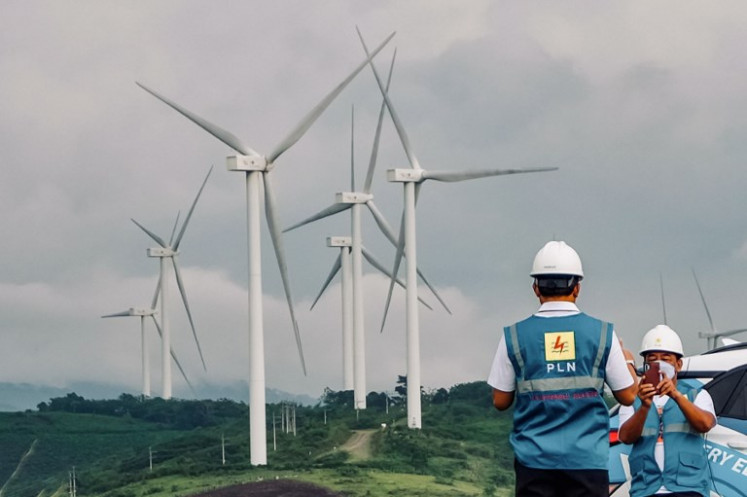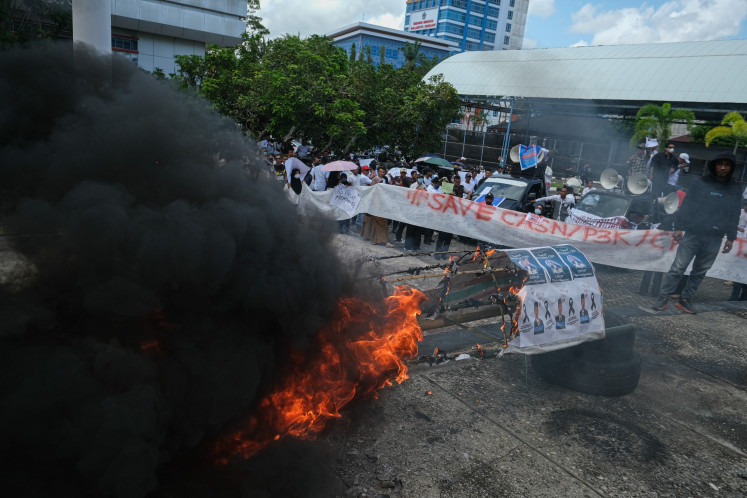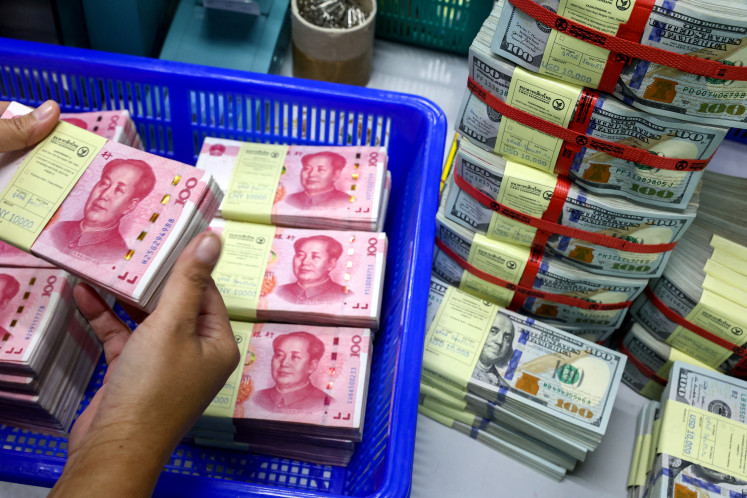Jokowi revokes thousands of land permits for mining, forestry, plantation
The government has revoked 2,078 permits for mining, 192 for forestry and 36 for plantations as it seeks to overhaul permit governance.
Change text size
Gift Premium Articles
to Anyone
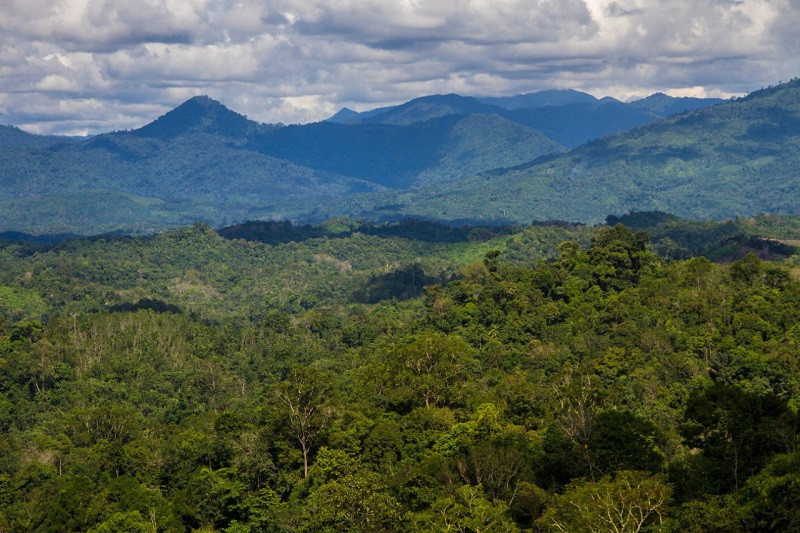
T
he government has revoked thousands of inactive land-use permits in the mining, forestry and plantation sectors covering millions of hectares, as it seeks to improve permit governance and land distribution.
President Joko “Jokowi” Widodo said 2,078 of the revoked permits were for mining, 192 for forestry and 36 for plantations.
Jokowi said the government was continuing to evaluate mining, forestry and other land-use permits and revoke those found to be inactive, unproductive, transferred to other parties or in violation of regulations.
“This improvement and maintenance of order is an integral part of the overhaul in the governance of issuing mining, forestry and other permits,” Jokowi said in a press briefing on Thursday.
The move comes at a time when the government is trying to overhaul and offer more convenience in business licensing and permit issuance to lure investors, largely through the Job Creation Law.
Jokowi said the government offered the opportunity for the public, including social and religious organizations like Islamic boarding schools and farmers’ groups, to use the land and team up with experienced companies.
“Indonesia is open to credible investors who have a good track record and reputation and a commitment to helping people prosper and preserve the environment,” said the President.
Read also: Cases of agrarian conflict increase in 2017: Consortium
Investment Minister Bahlil Lahadalia said the revoked mining permits accounted for nearly 40 percent of the total. He hinted that companies would not be able to reclaim the revoked permits.
“We will start revoking these on Monday, specifically for the [mining permits],” Bahlil said in a press briefing on Friday. “[Once the permits are] revoked, we will start distributing [the land]."
Of the mining permits, 1,776 covered 2.23 million ha in the mineral mining industry, according to Ridwan Djamaluddin, the mining director general at the Energy and Mineral Resources Ministry. The remaining 302 permits covered 964,787 ha for coal mining.
As for the forest use permits, 192 companies holding the permits managed 3.12 million ha, mostly in Papua, West Papua, North Maluku, Central Kalimantan and Aceh. In Papua, 50 companies managed over 835,000 ha, 26.71 percent of the total.
The Environment and Forestry Ministry also published a list of 106 permits for a total of 1.36 million ha to be evaluated. The ministry revoked 42 permits for 812,796.93 ha between September 2015 and June 2021.
The ministry, along with the ministries for investment as well as for agrarian and spatial planning, is working on the investment strategy and follow-up for the land, according to Ruandha Agung Sugardiman, the forest and environmental planning director general.
Ruandha said land with good forest cover would be turned into forest area, including social forestry and agrarian reform objects (TORA).
“For the allocation to the public, there is a normal procedure in the regulation, so it is not difficult,” Ruandha said on Thursday. “But we will coordinate the measures properly.”
Arsjad Rasjid, the chairman of the Indonesian Chamber of Commerce and Industry (Kadin), said the organization supported the government’s move as it contributed to a favorable investment climate through accountability and transparency.
“There is a huge [multiplier] effect from the use of those lands, from job creation that can reduce poverty and improve living standards to supporting [trade], including [micro, small and medium enterprises], property development and [more],” Arsjad was quoted in a press release as saying on Thursday.
Dewi Kartika, secretary-general of the Agrarian Reform Consortium (KPA), said whether the land would be managed by the recently established state land bank or by the respective ministry in charge remained the big question.
“If we look at the government’s political statement, presidential and government regulations to ensure investment following the Constitutional Court ruling [on the jobs law], this will contribute to the acceleration of national strategic projects related to land procurement and the land bank, because some of its [assets] come from deserted land,” Dewi told The Jakarta Post in a phone interview on Friday.

